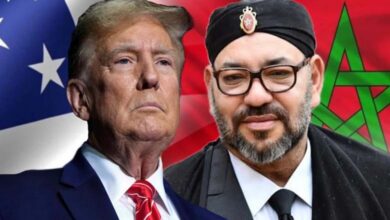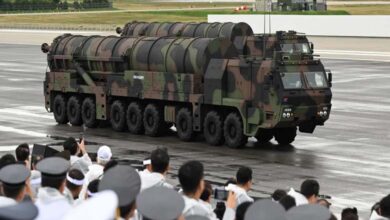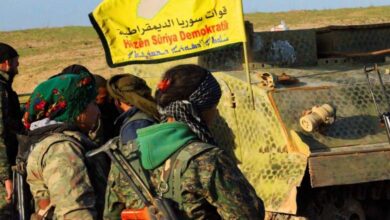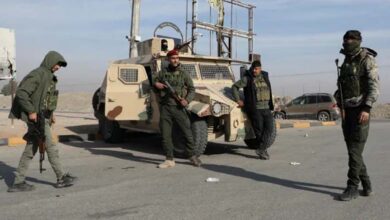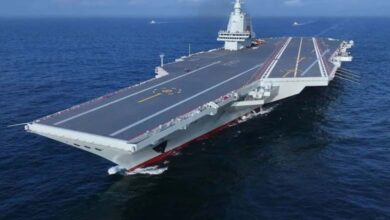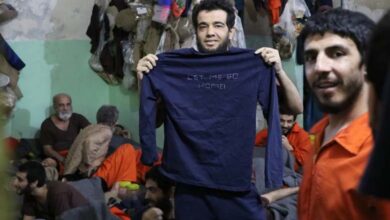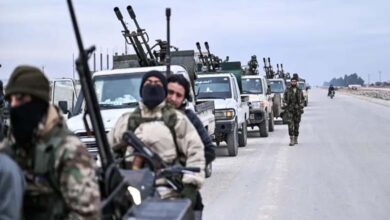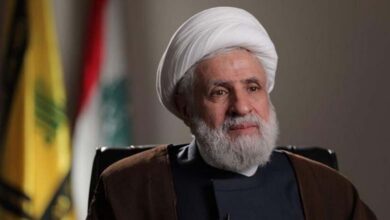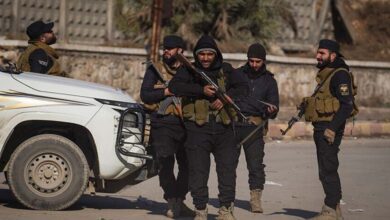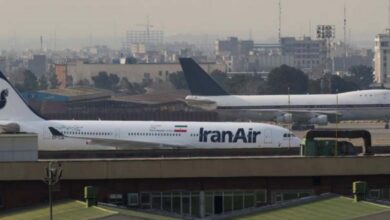Hameti: The Rapid Support Forces are not escaping… and there is no fear of foreign interference
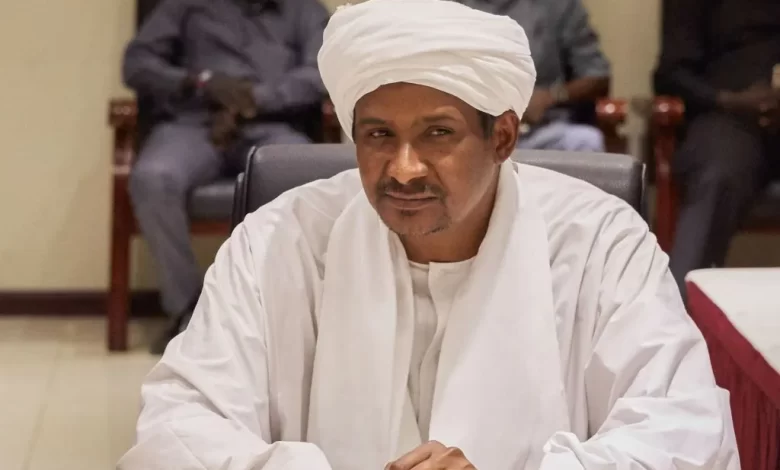
After the outbreak of large-scale military confrontations between the two wings of the military component; the army led by Abdul Fattah al-Burhan on the one hand, and the Rapid Support Forces led by Hemeti on the other hand, the name Mohammed Hamdan Daglo, known as Hemeti, returned to circulate strongly in the news.
“General Mohamed Hamdan Daglo (Hemeti), the commander of the Rapid Support Forces (RSF), played a prominent role in Sudan’s turbulent landscape for 10 years, during which he helped overthrow President Omar al-Bashir in 2019, with whom he once had close ties.” He later played a prominent role in quelling Sudanese protests.
Hemeti became a major player in the Sudanese scene, and the second most powerful man after assuming a number of the most important ministerial portfolios in Sudan after Al-Bashir’s overthrow, including the collapsing economy, and also took over peace negotiations with rebel groups, and assumed the position of vice president of the country. In his latest statement, he confirmed that his forces are controlling the 3 cities of the capital (Khartoum, Khartoum Bahri, and Omdurman) almost completely and that they are working closely with the citizens to find solutions for the problems of water, electricity, and services.
The commander of the rapid support forces expressed, in an interview with the Middle East newspaper, his regret over the deterioration of the humanitarian situation to which the Sudanese people are exposed as a result of the war. He said, “This is a big responsibility shouldered by those who started the war.”
Hemeti denied rumors that his forces are detached and targeting citizens and diplomats, and this is part of propaganda launched by the other party “to tarnish the image of our forces in front of the local and international public opinion… We have gotten used to launching such lies.” He said that his forces had contributed to the evacuation of more than 30 diplomatic missions and residents from different foreign countries, and that “whoever does this, does not target civilians.”
Hemeti accused the remnants of the former regime of seeking to expand the war, stressing that his forces are working to maintain the security and stability of the country and reduce the risks that could result from this war, at the same time dispelling fears of foreign or regional interventions, saying: “The countries of the region are working closely on the security and stability of Sudan and the region, and of course, they will not interfere in a purely Sudanese matter.”
In an interview with Middle East, Hemeti said his forces agreed to “a humanitarian truce to alleviate the suffering of our people and open humanitarian corridors, but the other side did not abide by the terms of the truce and continued to violate it, instead committing major atrocities against innocent citizens who were subjected to aircraft and artillery shelling.”
“Whoever is not able to commit to a 72-hour truce, I don’t think he will be able to fulfill any commitments in the near or distant future. The other thing is that the coup forces and the remnants of the former regime are conducting their battle against us from several centers of decision; It has been proven to us that there is more than one side that controls the decision of the army, so with which side will we build a permanent cessation of hostilities?.
On fears that the war might turn into a civil war, with many armies and insecurity, in addition to the fragile economic situation, Hemeti said in the interview: “There are those who are trying to turn the war into a civil war, and of course, they are the leaders of the armed forces of the coup, and behind them are extremists and remnants of the former regime. “We are now coordinating with several parties to preserve the security and stability of the country and to reduce the dangers that could result from this war.”
The commander of the Rapid Support Forces said that the remnants of the former regime are in control of the armed forces and they are in control of decision-making positions, but there are honorable people in the armed forces who reject this situation.


